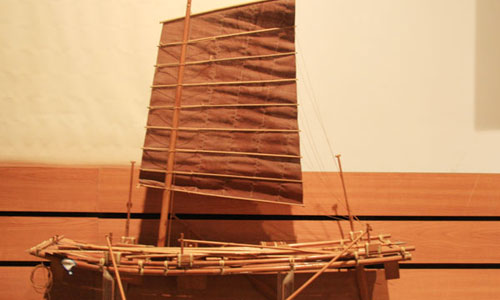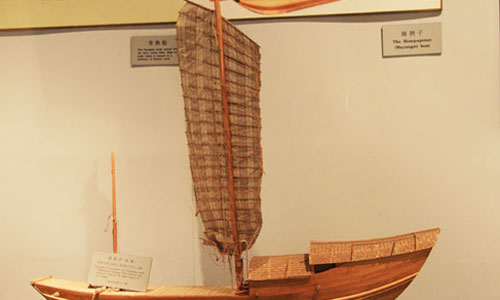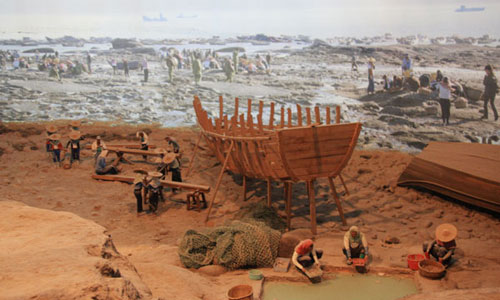Quanzhou: World-Famous Cargo Hold in the History

Located in Southeast China's Fujian Province, Quanzhou, a coastal city established in 718 during the Tang Dynasty, was one of China's biggest seaports in the past.
Because of the special geographic situation of the city, the monsoon winds took the wooden ships of Quanzhou to many parts of world at that time. And as the political center of the Song Dynasty (960-1279) moved to the south due to the civil war in 1127, Quanzhou started to play a significant role in the country's marine trade with the outside world.
At that time, merchant ships setting off from Quanzhou Port could travel to over 50 countries and regions in the world. Later the number increased to 98 in the Yuan Dynasty (1279-1368).
Because commodities from all parts of the world gathered in the small city, Quanzhou was once called the world cargo hold or the distributing center of commodities from all over the world, and was mentioned by many foreign travelers in their travelogues.
Ding Yuling is the director of Quanzhou Maritime Museum.
"Marco Polo once said if there was one ship loaded with pepper traveling to Port Alexander in Egypt, there would be one hundred pepper ships coming to the Quanzhou Port. From this we know what a great amount of trade was done at that time."
Due to its reputation, Quanzhou was also called the starting point of the ancient Maritime Silk Road, and Quanzhou Port was once known as the biggest port in the east.
"There were a lot of port facilities built in the city, including storehouses, customs houses, and wharves, which have left many relics now," said Chu Baoyang, deputy chief of Quanzhou Municipal Bureau of Culture, Radio, Television, Press and Publications.
As descendents of unions between foreign businessmen and local women, Ding's family has witnessed the development of Quanzhou, and Ding herself is quite proud of Quanzhou's status and history in the world marine trade.
"I think Quanzhou has contributed a lot to human society. It started an era in Quanzhou, the international era of Quanzhou Port. It showed an internationalized spirit, a diversified and inclusive spirit of the city at that time. I think we should continue to develop this spirit in modern times." Ding said.

